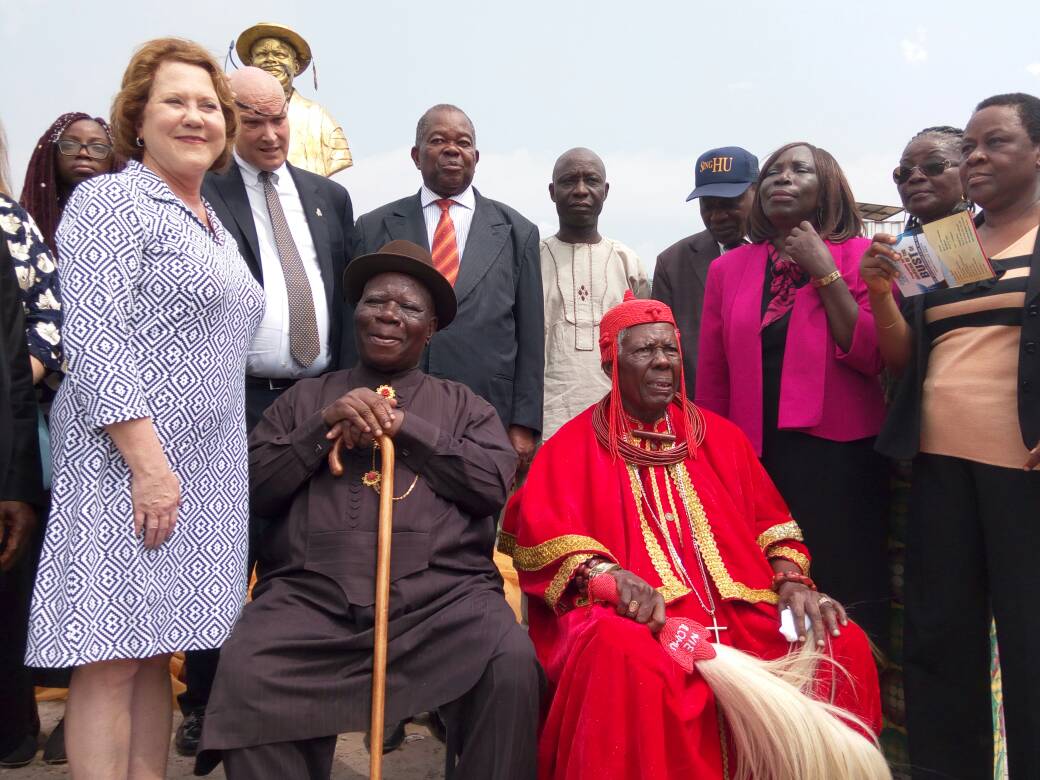News
US don tasks private varsities on developing creative skills

Private universities in the country have been urged to evolve teaching techniques that would develop both the oral communications and creativity skills in their students in order to equip them with the fast growing networking of the 21st century global teamwork in their various disciplines.
The President, Reinhardt University, Waleska, Georgia, USA, Prof. Kina Mallard, gave the advice in a paper titled, “Workforce Training and Development Needs Of The 21st Century; The Role Of Private Universities”, delivered during the weekend at the 2nd Distinguished Lecture of Edwin Clark University, Kiagbodo in Burutu Local Government Area of Delta State.
Prof. Mallard who emphasised the need to bridge the gap between the formal method of learning where students were confined to their course of studies throughout their duration in higher institutions, noted that the global trends now combines teaching in both students discipline and liberal arts skills in order to develop independent minds.
According to her, “Focus on workforce needs without sacrificing fundamental courses. Many universities, including Reinhardt, are strategically growing new academic programs in areas such as health care, computer science and cyber security. These are high-demand, vocational skills- based professions that build on the liberal arts”.
“Colleges and universities are increasing their focus on internships, externships and practical real world experiences before graduation. These experiences need to be tied to student learning outcomes and offered in every major”.
The visiting Lecturer stated that, “faculty should adapt their teaching to meet the way students today learn. As institutions of higher learning with a commitment to prepare our students for the competencies and skills, we need to have the hard discussions about how we prepare our students. Teaching liberal acts and skills in an active and challenging way helps develop independent thinkers and workers”.
“Requiring students to take a more active role in their learning increases their problem solving, collaboration, oral communication and creativity skills. Universities cannot expect Professors who learned by the sage on a stage method to automatically embrace new pedagogy. Moving from passive to engaged and active learning takes persuasion, courage and faculty development training”.
Prof. Mallard also noted that, “the use of technology in teaching has moved beyond a novelty to a necessity. Faculty training in best practices for using technology to engage students should be part of annual faculty development workshops. For those who are reticent about their technological skills or intimidated by what they don’t know, I suggest student technology assistants for classes”.



